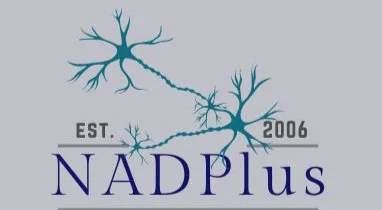Could NAD+ Help Improve Egg Quality & Fertility?
One of the biggest challenges when it comes to fertility is age. As we get older, egg and sperm quality naturally decline, which can make conception more difficult. While we can’t turn back the clock, science is exploring ways to support reproductive health—one promising area of research is NAD+ supplementation.
NAD+ and Fertility
When we focus on fertility, NAD+ has an important role to play in egg quality as the quality of a person's eggs is significantly dependent on their level of NAD+. A higher level of NAD+ is correlated to better egg quality, therefore, improved fertility.
What is NAD+?
NAD+ (nicotinamide adenine dinucleotide) is a co-enzyme found in every cell of the body. It plays a vital role in energy production, DNA repair, and cellular health. Unfortunately, NAD+ levels decline with age, contributing to many ageing processes, including reduced egg quality.
A Pathway to Restoring NAD+
Animal studies have shown that NAD+ supplementation can restore egg quality in older mice, effectively turning back the biological clock on their eggs. Human research is still in early stages, but findings so far are encouraging. For example, studies have linked higher NAD+ levels to improved egg maturation and fertilization rates in IVF patients.
Who Might Benefit?
NAD + IV Therapy may be especially useful for individuals trying to conceive in their mid-to-late 30s or those who have been told they have low egg quality. Alongside supplementation, lifestyle changes can also help boost NAD+ naturally. These include regular exercise, healthy sleep routines, balanced nutrition, and consistent meal times to support circadian rhythms.
The Bottom Line
While research is still developing, NAD+ shows promise as a potential nutritional support for fertility, particularly in improving egg health. If you’re considering NAD+ supplementation, it’s best to seek guidance from a fertility dietitian or nutritionist to ensure it’s right for you.

